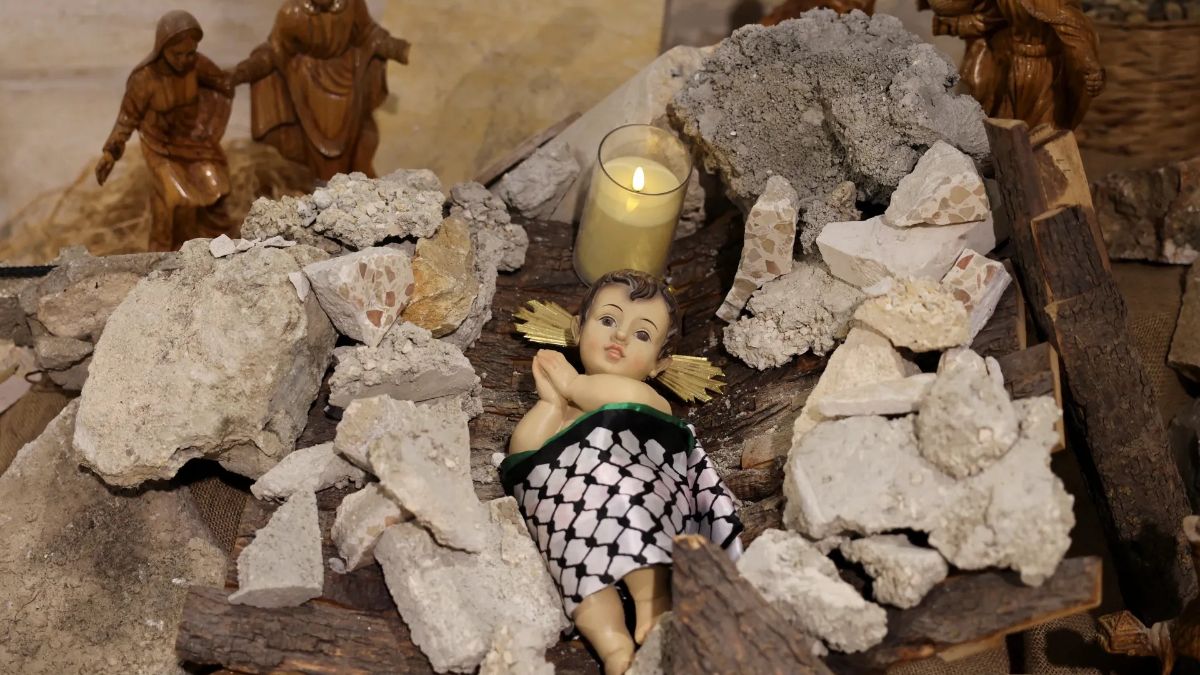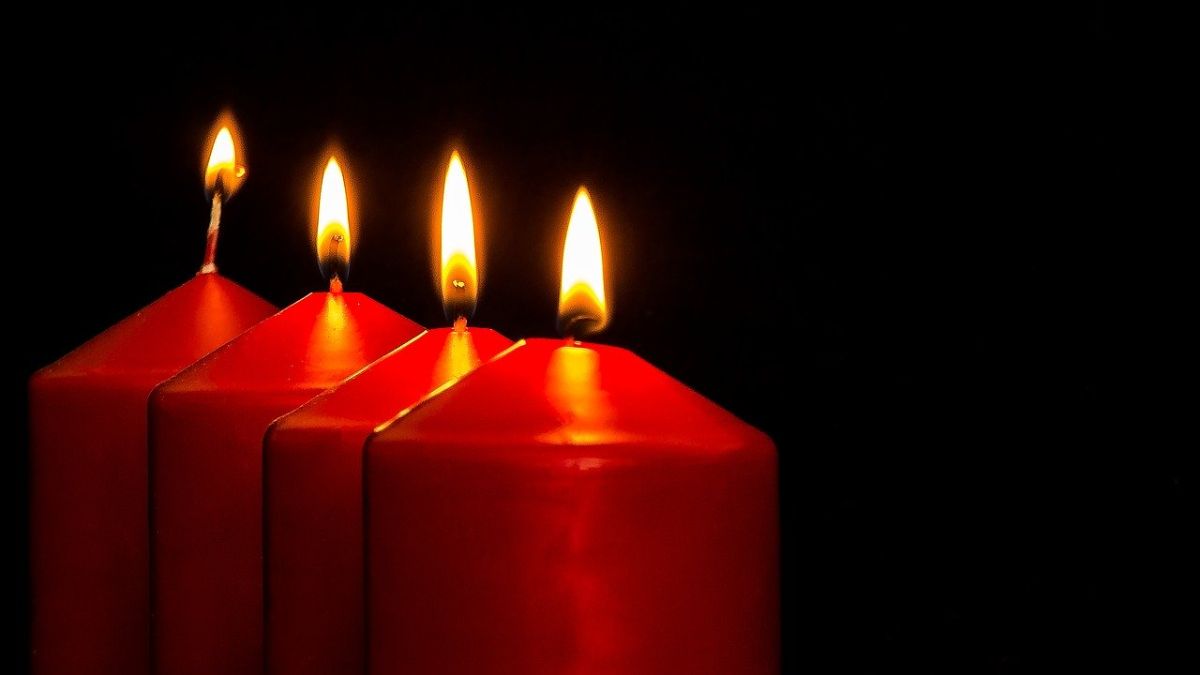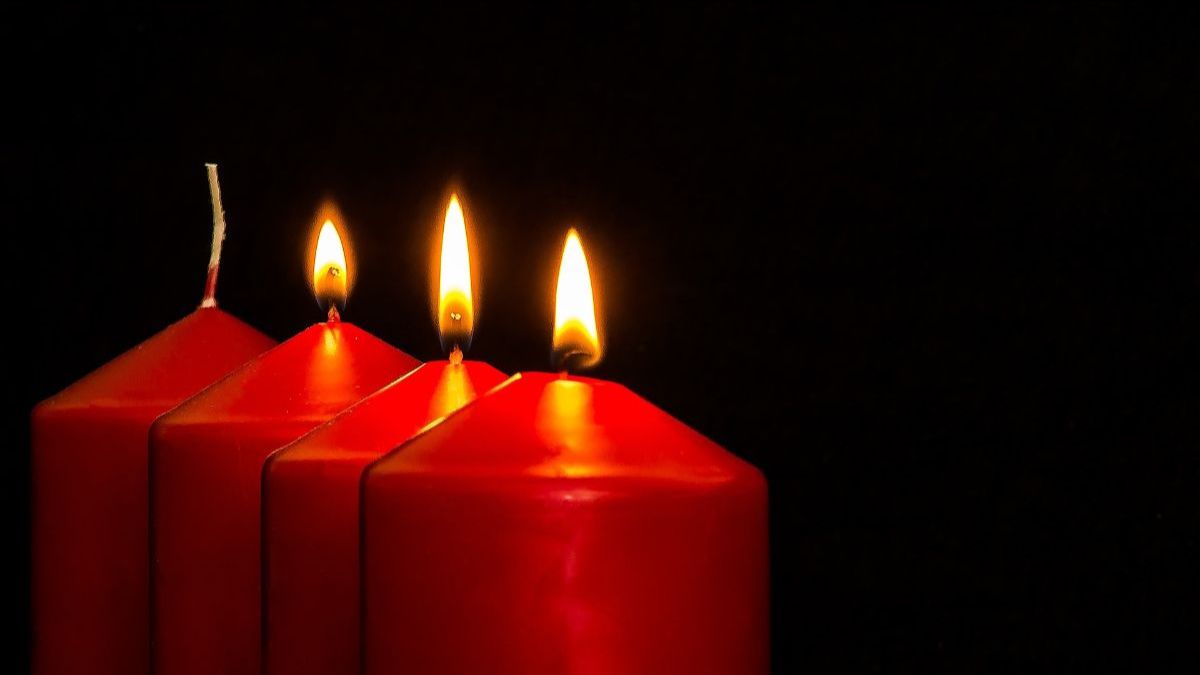The Death of a Little Jewish Guy
"And this is the judgment, that the light has come into the world, and people loved darkness rather than light because their deeds were evil. For all who do evil hate the light and do not come to the light, so that their deeds may not be exposed. But those who do what is true come to the light, so that it may be clearly seen that their deeds have been done in God."
John 3:14-21
March 9, 2018, Words By: Ojii BaBa Madi, Image By: Jesus Heals the Paralytic-Dura Europos
Craig Sanders needed three surgeries to survive his injuries after awakening to a severe beating back in January 2013, while detained at Camden County Jail. Giving credence to inmate reports from the jail, accounts of such beatings no longer alarmed me. Those of us working at street-level knew the war stories coming from the overfilled facility—Camden’s own Bastille. If one made it to trial without getting beaten by inmates or guards, or somehow escaped the inhumanity of sleeping on the cold concrete floor next to the toilet, then they truly had been blessed.
Even the most hardened offenders saw Camden County Jail as excessive for any crime. Detainees there expressed the desire to hurry on and quickly “ship out” for hard time at Rahway or Trenton State, despite the notoriety of New Jersey’s prisons. That’s how bad the jail was.
Since it was in the heart of the city, the affluent surrounding suburbs hid their faces from it—as they did with the sewage treatment plant, trash to steam plant, and drug markets frequented by their children. All of these were foul operations in the darkness of broad daylight.
The darkness never asked about the overcrowded jail, and why suburban kids could abuse drugs and continue on the soccer team instead of sleeping on the cold concrete floor next to the toilet. Unabated horrors ensued within the darkness of a careless society, until a little Jewish guy showed up to die for the sins of the world.
In December 2003, an affluent man named Joel Seidel violated a restraining order barring him from contacting his wife and daughter. Through an unexpected series of circumstances, including his family’s refusal to pay bail, the stockbroker was placed in the jail’s mental health unit.
There, Seidel met his cellmate, Marvin Lister, who suffered from severe paranoid schizophrenia. As the cell door closed, Lister heard voices instructing him to kill Seidel, who had no history of violence. Lister says he felt like the “Tasmanian Devil” and “as big as Shaquille O’Neal.” As guards stood near the scene, Lister began destroying Seidel’s body, to the point of literally tearing his heart out. As morning light met the cold December day, Seidel’s mutilated body lay in the darkness of society and of the jail, twisted and disfigured on a cold concrete floor. Unlike so many other tragedies that came before in these cold cells, this one garnered public attention due to the societal status of the victim.
The powers that be were forced to cast light into the darkness of the jail. Overcrowding, inmate violence, abuse by guards, and ill-treatment of the mentally ill were all addressed. After years in the darkness, the voices of people like Craig Sanders were finally taken seriously. It took the blood of a little Jewish guy, flowing from the darkness of a cruel cell, for society to break from its preferred love of darkness, even for just a moment.
I don’t like straight-out-of-Hollywood Jesus portraits smiling at me with outstretched arms. Our earliest picture of Jesus portrays a dark little man, revealing no extraordinary physique or dashing good looks; he was just a man that some, including members of his own family, thought was crazy. He was rejected by his own.
It was not the spectacle of a silver screen hunk, having his body destroyed, that stunned us on the cross. Instead, it was the image of a vulnerable little Jewish guy being pummeled by an extremely compromised society as well-armed guards stood close by. As we focus during this season on “God so loved the world,” it is also important to keep our love of darkness in the forefront as well. It is such darkness that moves us to rivalry instead of fellowship, mass incarceration instead of righteousness, hegemony instead of inclusion, and self-interest instead of the abundance of God’s love for the world.
May the spectacle of mangled bodies, be they on a Roman cross or on the cold concrete of a Camden jail cell, lead us into the kind of light that emboldens us to see and respond to the manifold injustices in our world and to answer with the courage of grace instead of the failures of our fear.



